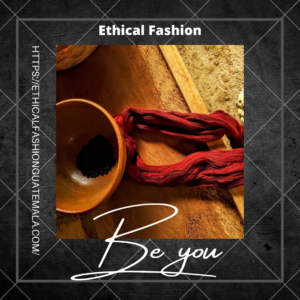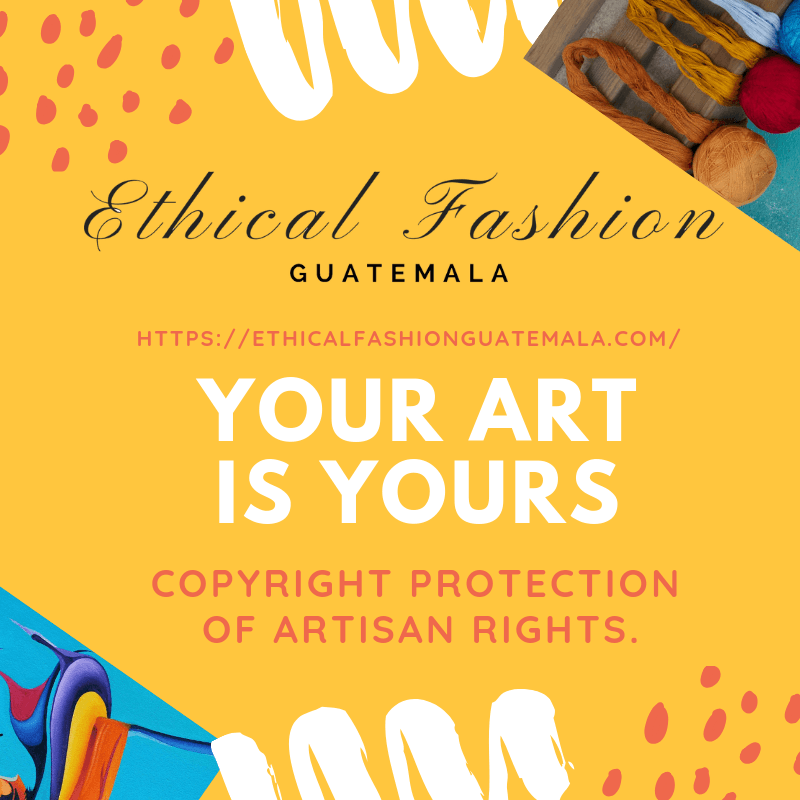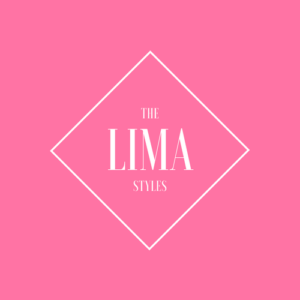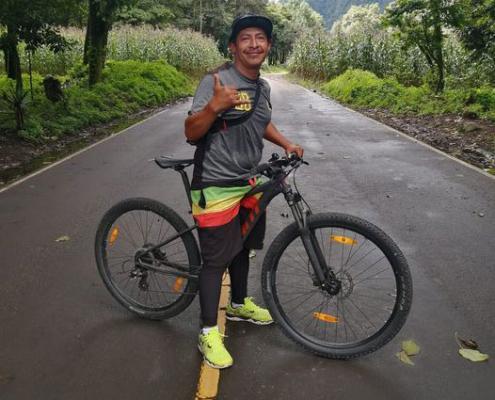Contact Ethical Fashion Guatemala For Brands
Branding | Packaging | Apparel Tags
The services we provide:
Please read this before you contact us.
- Guatemala Artisans mostly only speak Spanish or native Mayan dialects.
- Our business communication enterprise functions using only Facebook and WhatsApp to communicate with our Guatemala Artisans. They seldom use email.
- Interested parties need to send complete original designs, textiles, bags, hats, etc.
- From designs, we source a weaver, leather artists, jewelry, ceramics, and hats from producers.
- Samples are produced, and we export the samples to the client.
- Ethical Fashion Guatemala has a DHL contract for exporting products worldwide.
- Exporting to the US is duty-free, $800 per day per address to the US.
- Normal shipment times from Guatemala to the US and Canada is 4 days.
- We drop-ship to our client’s customers direct from Guatemala.
- We provide the back-story about the Artisan including, photographs copy and other marketing support the client requests.
- Payments using Western Union; this is the most cost-effective way of paying the Artisans.
Working With Guatemala Artisans, we welcome all inquiries please respect our guidelines for working together.
Who made my clothes?
We believe this simple question gets people thinking differently about what they wear. We need to know that as consumers, our questions, our voices, our shopping habits can have the power to help change things for the better.
With more consumers encouraging brands to answer ‘who made my clothes?’, we believe Fashion Revolution has the power to push the industry to be more transparent.
Ethical Fashion Guatemala Products
Contact Ethical Fashion Guatemala for Buyer Services
On April 24, 2013, the Rana Plaza tragedy killed over 1,100 garment workers in Bangladesh and wounded over 2,200 more.
The incident left consumers all over the world questioning who makes the clothes we wear everyday and in what kind of conditions? Documentaries like The True Cost shine a light on how the fast fashion industry depletes the earth’s resources and leverages slave labor to pass on a “cheap” cost to the end consumer.
As consumers, we have become increasingly conscious about our purchases, channeling the power of our vocalized objections to make a positive difference for the people involved in the making of our clothes and goods.
Four years following the Rana Plaza tragedy, dozens of slow fashion brands have emerged dedicated to ethical and sustainable practices.
Ethical Fashion Guatemala Products is such a company,




